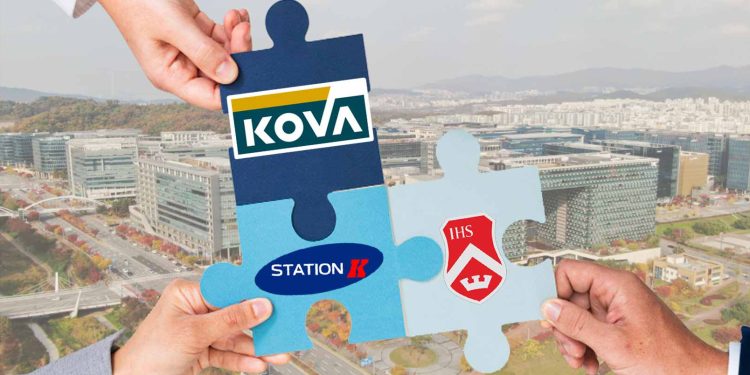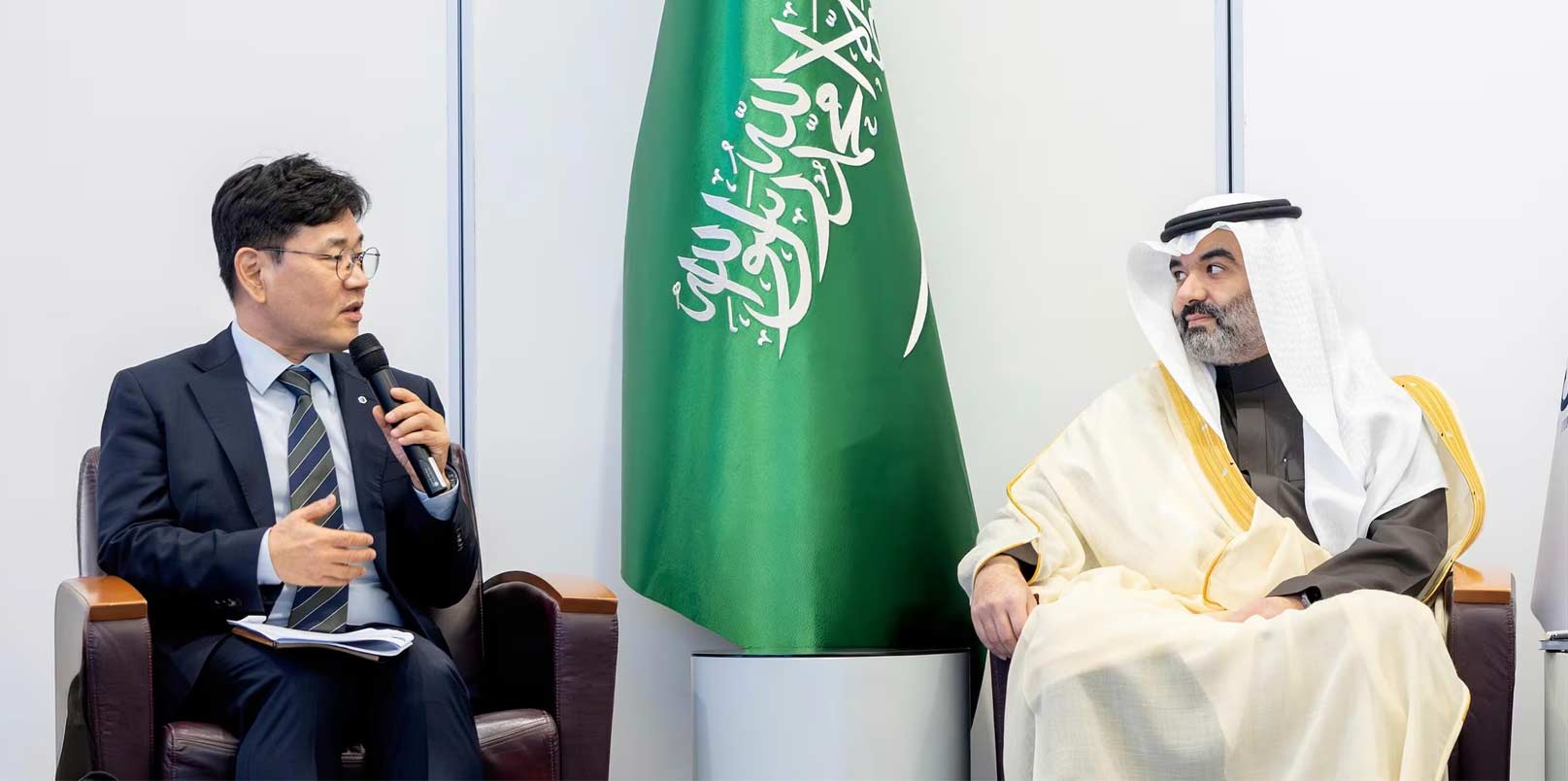The leading innovation hub in South Korea, Pangyo, is entering a new phase of evolution. The Korea Venture Business Association (KOVA), Sogang University, and Station K have joined forces to build a unified ecosystem within the Second Pangyo Techno Valley Venture Town. Their partnership aims to integrate resources across three major consortia, creating a cohesive platform that supports startups from incubation to international market readiness and strengthens public–private collaboration.
KOVA, Sogang University, and Station K Form Unified Venture Alliance
At the Gyeonggi Startup Bridge in Seongnam on October 22, the Korea Venture Business Association (KOVA) signed a memorandum of understanding (MOU) with Sogang University’s Industry-Academic Cooperation Foundation and Station K.
This agreement focuses on activating a private-led venture and startup ecosystem across the three core blocks—G1, G2, and G3—that make up the Second Pangyo Techno Valley Venture Town.
Under the MOU, the three institutions will establish a “Venture Town Operators Council” to coordinate ecosystem branding, host integrated investor-relations (IR) and demo-day events, and propose regulatory or policy improvements.
The goal is to move beyond individual block operations and create an interconnected innovation cluster that supports startups from early-stage incubation to international scaling.
Second Pangyo Techno Valley: Korea’s Private-Led Innovation Cluster
The Second Pangyo Techno Valley Venture Town was designed as a private-sector-driven startup innovation platform, combining anchor corporations in advanced industries with dedicated entrepreneurship infrastructure. Each consortium managing the G1, G2, and G3 blocks is required to allocate at least 30% of total floor space to startup use for ten years, free of charge, and to operate programs for incubation, investment, and education.
The initiative reflects Korea’s broader direction of diversifying startup support beyond government-led programs. By embedding corporate anchors and university networks into the cluster, Pangyo’s second-phase expansion aims to reinforce its position as the nation’s most dynamic technology corridor.
Public–Private Cooperation and Leadership: Unified Innovation Network
This collaborative framework among KOVA, Sogang University, and Station K aims to connect university, corporate, and venture capacities into a single innovation network.
A KOVA official told local media,
“This partnership marks the first step toward connecting individual programs into a large, private-led innovation network. By combining our expertise and resources, we will create an environment where startups can achieve substantial, measurable growth.”
The three blocks are managed as follows:
- G1 Block: Led by Sogang University, with participation from Motrex, Inox Advanced Materials, Estraphic, and YMC.
- G2 Block: Operated by Station K, joined by Woowa Brothers, Soulbrain, Cosmecca Korea, and HFR.
- G3 Block: Managed by KOVA, in partnership with Nol Universe, Tenergy, Space Solution, and UwayFly.
Together, these consortia represent a cross-section of Korea’s industrial and academic strengths, forming the foundation for a unified growth platform.
Positioning Korea for Global Startup Competitiveness
The launch of the Venture Town Operators Council signals Korea’s broader shift toward coordinated private-led ecosystem management.
Pangyo, already known as Korea’s “Silicon Valley,” is evolving into a next-generation innovation hub where universities, corporations, and investors collaborate in one integrated system.
Therefore, this new partnership model illustrates how Korea is gradually refining its venture-capital ecosystem to support both domestic and cross-border startup growth.
By linking capital, infrastructure, and entrepreneurship under a single governance framework, the Second Pangyo cluster could become a blueprint for sustainable tech-cluster expansion across Asia.
Toward an Integrated Future for Korea’s Innovation Economy
Finally, a unified venture alliance in Second Pangyo reflects Korea’s long-term vision of strengthening competitiveness through collaborative innovation. If effectively implemented, the initiative could serve as a test case for how public–private cooperation can accelerate startup growth, streamline regulatory reform, and attract international investment.
And as the ecosystem matures, Pangyo’s integrated model may redefine how Korea scales its startups into global markets—bridging the gap between policy design, corporate capability, and entrepreneurial ambition.
🤝 Looking to connect with verified Korean companies building globally?
Explore curated company profiles and request direct introductions through beSUCCESS Connect.
– Stay Ahead in Korea’s Startup Scene –
Get real-time insights, funding updates, and policy shifts shaping Korea’s innovation ecosystem.
➡️ Follow KoreaTechDesk on LinkedIn, X (Twitter), Threads, Bluesky, Telegram, Facebook, and WhatsApp Channel.






